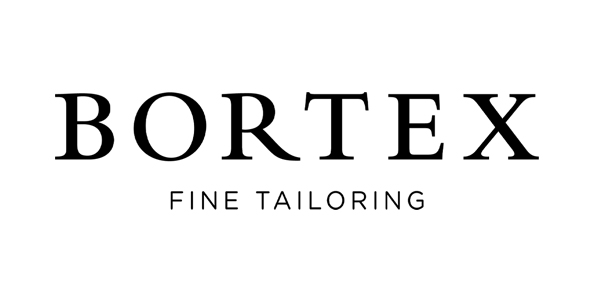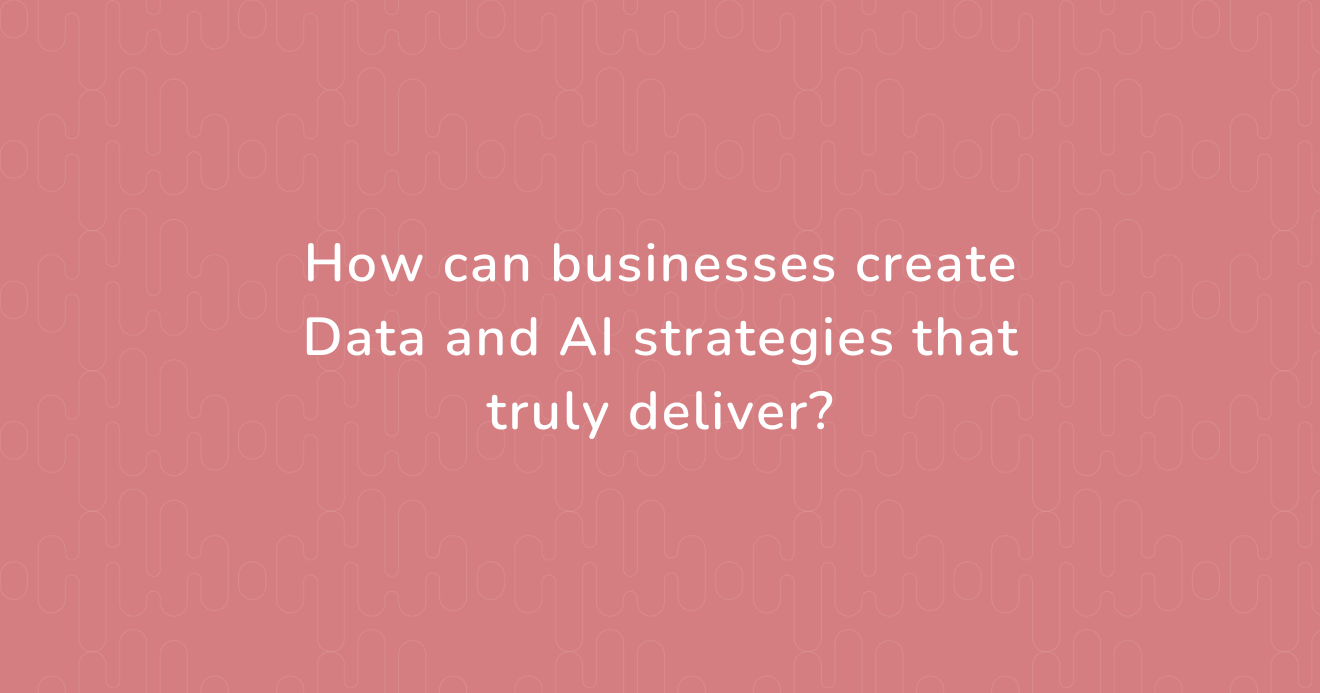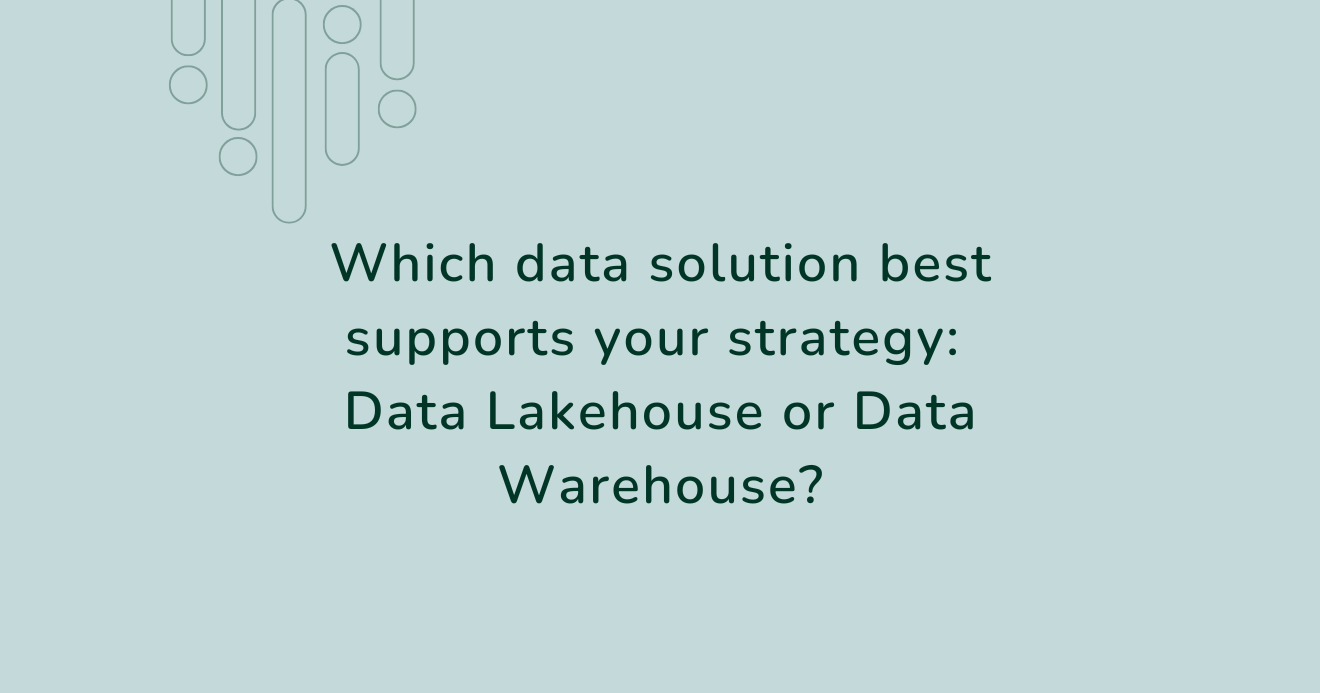















A Roadmap to Data-Driven Success
Our data and AI strategies accelerate organisational growth, delivering immediate results and long-term benefits at every stage of your data journey.
Goal-Oriented Strategies
We align data and AI strategies with core business objectives to deliver measurable outcomes.
Data Evolution Roadmap
Develop a clear path to advanced analytics and AI-driven decision-making.
Centralised Data Management
Establish a unified data governance framework to enable collaboration and informed decision-making.
Empowering Insurers with Data-Driven Insights
Insurance Data Migration to a Cloud Solution for Atlas
“Working with Eunoia has been transformative for our BI processes. They helped us rewrite and migrate our legacy data cubes to a cloud solution, significantly improving scalability and processing times”.
Get in touchOur Resources
Explore a range of insightful content that helps you better understand data and AI. Our collection includes informative blog posts, practical guides, and real-world case studies that cover key topics and trends.
Case Studies
Our Best Blog Content
Frequently Asked Questions
What is a data strategy, and why is it important for businesses?
A data strategy is a plan that defines how a business will collect, manage, and use data to achieve its objectives. It aligns data practices with business goals to improve decision- making, drive operational efficiency, and foster innovation.
What are the steps and components of a successful data strategy?
How can a data strategy improve decision-making in an organisation?
What is an example of a data strategy?
How can businesses assess the effectiveness of their data strategy?
Get in Touch
Fill in the form, and we’ll reach out to you soon.
"*" indicates required fields












